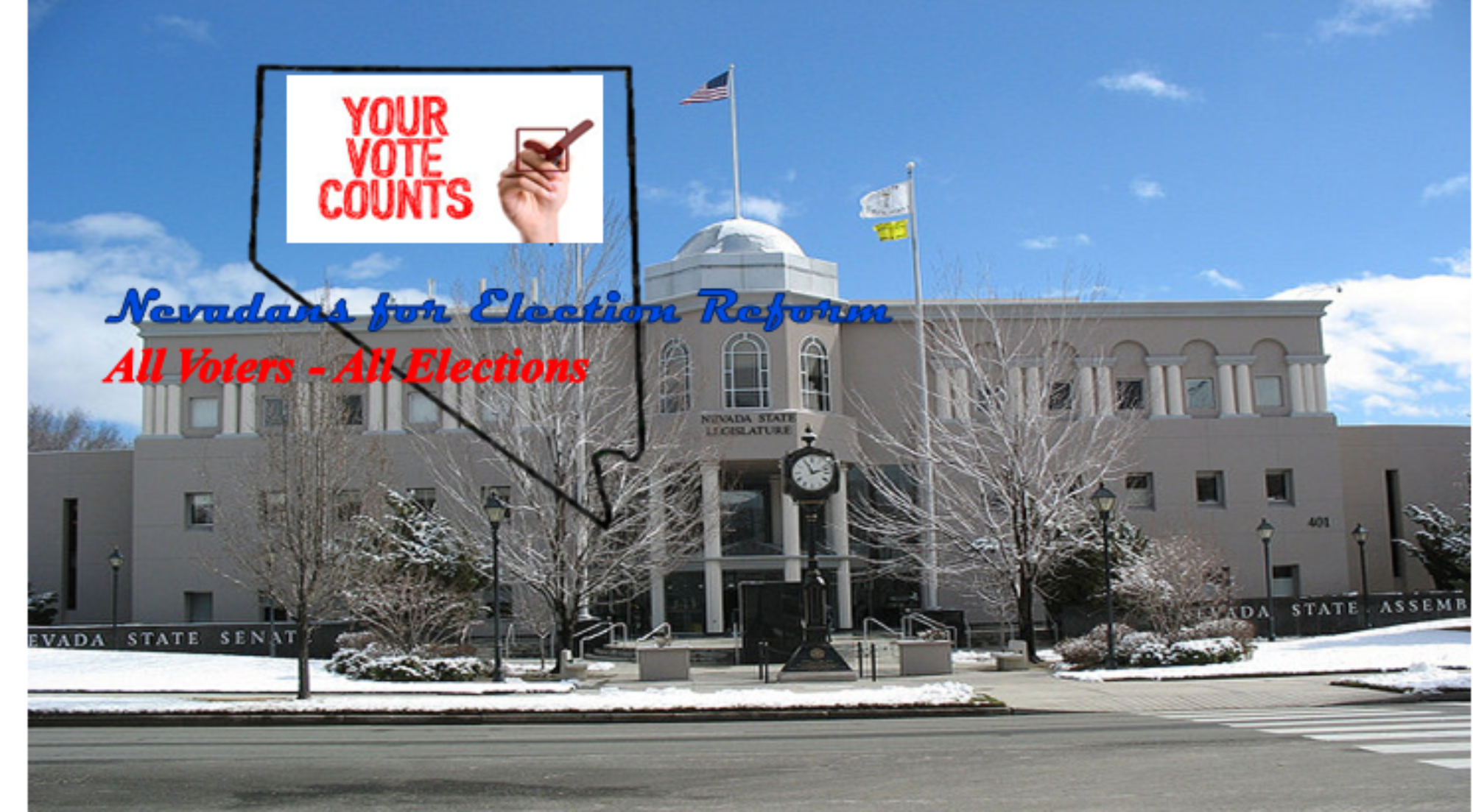A Pew Research Center study released June 22, 2016, “Partisanship and Political Animosity in 2016” needs to be taken very seriously by all who are concerned with our future. Unless this trend can be reversed, the political landscape will not be pleasant. Will the ability of lawmakers at all levels of government to effectively legislate come to a complete halt?
For the first time in almost 25 years, a majority of party members view the other party very unfavorably. With 70% of Democrats and 62% of Republicans who are politically active saying they fear the other party, how can the necessary dialog and collaboration take place? Answer, it can’t.
· With minor exception results are over 50 percent and in some cases close to two-thirds or three-quarters negative towards the other party and positive towards one’s own party
- Those who identify as Democratic are more partisan than Republicans
- Party membership is based on fear of the other party’s policies
- Those more active are more partisan
- Political discussion with the opposite side is stressful
- Political views are an indicator of a person’s character
- Words such as lazy, immoral, and closed minded describe the other party
- Words such as hard working, moral, and open minded describe my party
- Political views determine personal relationships
- The other party has no good ideas
- No compromise if my side doesn’t get more (this is why I prefer the idea of collaboration)
This is not how it has to be. It will take political will and determination to implement systems that have the potential to reduce the partisanship to a level where the needs and interests of the general constituency can be met. The Nevada Election Modernization and Reform Act for 2017 (NEMRA – 2017) is such a system. Will the legislators of the 2017 Nevada state legislative session have the political will and determination to act?
